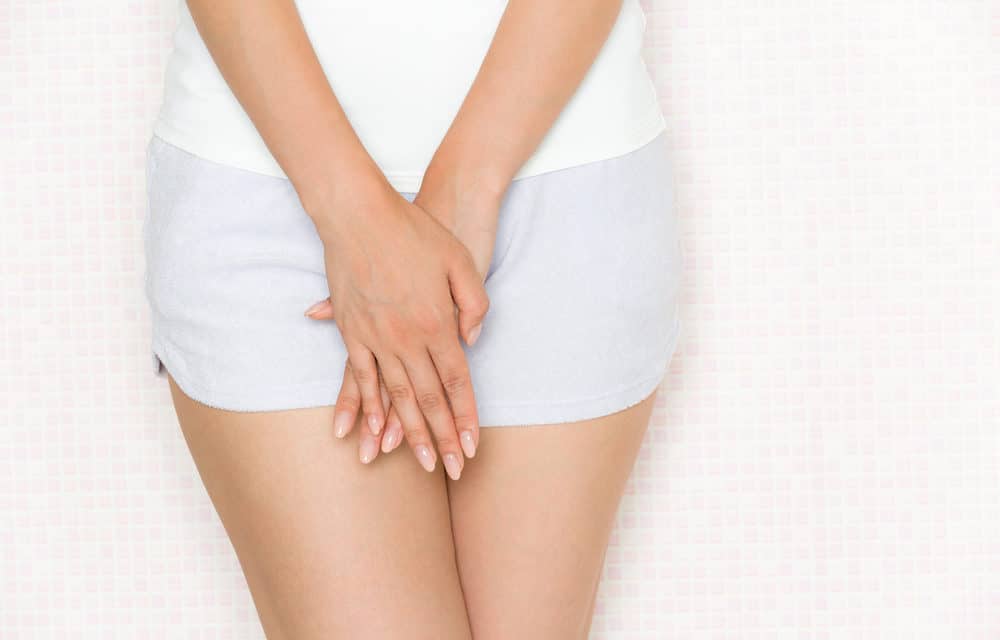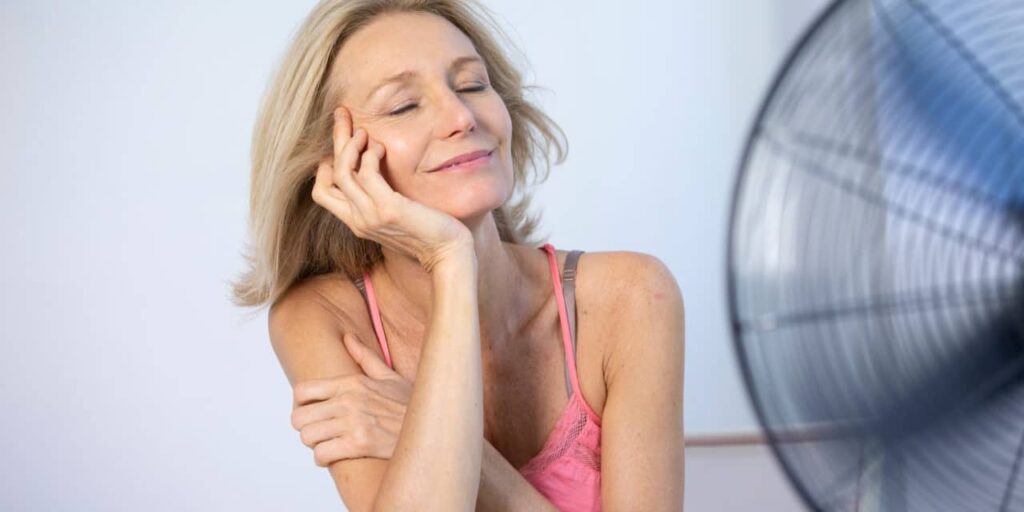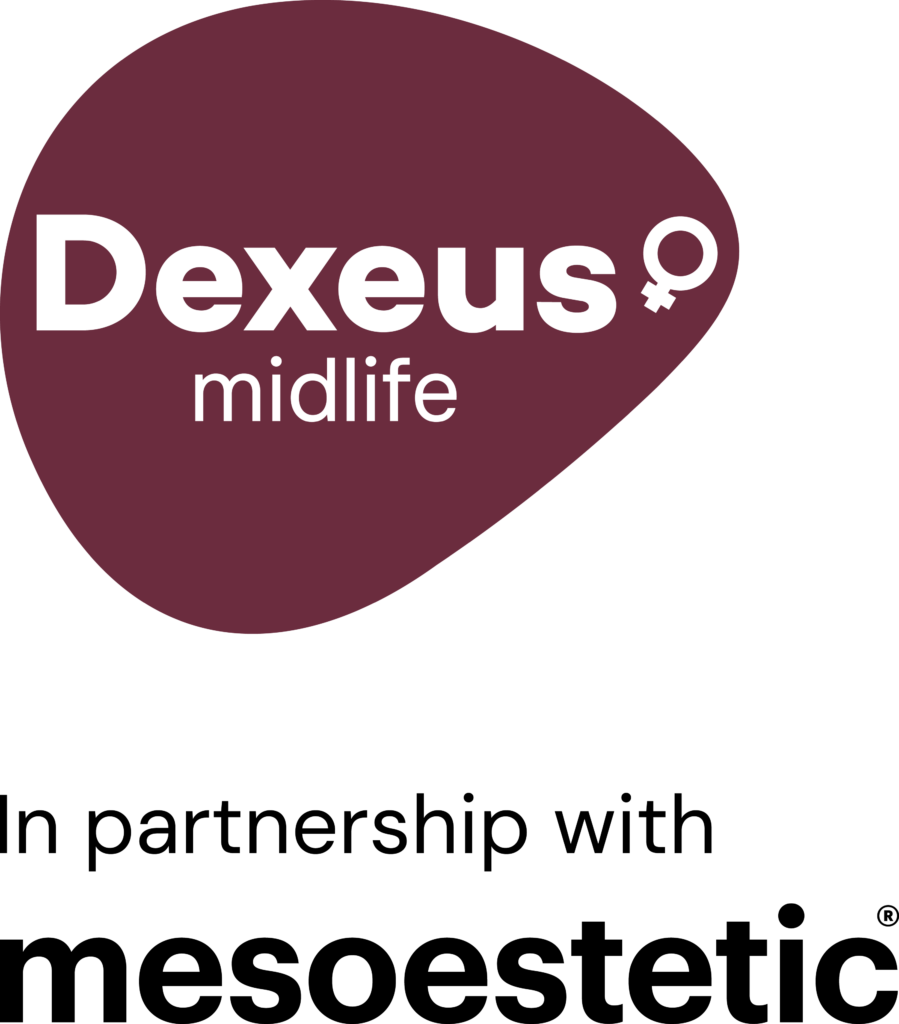One of the most common symptoms resulting from the decrease in oestrogen production are “hot flushes”, vasomotor symptoms1 that can become disruptive and worsen quality of life. However, there are many other uncommon symptoms of menopause that also have significant effects on women’s lives and should not be dismissed.
Rare symptoms of menopause
Pain
Unfortunately, the arrival of perimenopause can bring about the resurgence of menstrual pains and breast tension, which may even occur if there has been no bleeding in that month. Another painful symptom that can become very disabling are headaches and migraines2. For women who suffer from migraines, perimenopause can start a more frequent migraine cycle due to hormonal fluctuations. In addition, tension headaches can also be more recurrent. In addition, tension headaches can also be more recurrent. The good news is that these pains usually improve after they enter menopause.
Frequent need to urinate and urinary incontinence
Oestrogen helps to strengthen the pelvic floor, and a low level of it can cause these pelvic muscles and the bladder itself to become weaker and lose elasticity progressively, causing problems such as a frequent need to urinate, nocturia3 and even, in the most serious cases, urinary incontinence.
Dizziness, loss of concentration and memory capacity
Another system that is affected by the drop in oestrogen level is the autonomic nervous system4, which regulates blood pressure, breathing, the heart and blood vessels. Any imbalance can trigger dizziness, vertigo, and even tachycardia and sudden anxiety sensations.
Cognitive function is another area that may be affected. Forgetting aspects of daily routine, tiredness and lack of concentration can cause a state of confusion or “mental fog”. These symptoms are also caused by the hormonal drop5. The first year of menopause is usually the most difficult in this regard, going into remission at a later stage. After other illnesses have been ruled out, it is best to avoid stress, as it will only worsen symptoms.
Tinnitus or ringing in the ears
Tinnitus6 is a condition in which a person hears internal sounds that may occur in one or both ears and is sometimes associated with menopause. This annoying symptom is caused by the relationship of oestrogen with the regulation of signals that travel from the ear to the brain, since the ear cells have receptors for this hormone. It is also a very sensitive area to changes in blood flow, regulated by the autonomic nervous system.
Paraesthesia
We have all experienced temporary paraesthesia, also known as “pins and needles”, at certain points throughout our lives. This is the unpleasant sensation that occurs when a part of our body seems to go to sleep, usually an arm or leg. During menopause, the functioning of the nerves and, specifically, of peripheral vascular circulation7, are affected by the fall of oestrogen. This can cause these tingling and numbness sensations to occur frequently without apparent reason.
Strange smells
Our body odour may change or become more intense, as the drop in oestrogen alters the composition of sweat. This is particularly noticeable in the armpits and the vulvar area, which requires us to intensify our hygiene levels.
Tips for reducing or treating rare menopause symptoms
Lifestyle changes
Diet and exercise. How many times have we heard people mention that combination already? Surely a lot, but the fact that it’s repeated doesn’t make it less true. There is no miraculous treatment if we do not make any changes to our lifestyle when we reach menopause or, even better, before we reach it.
Cutting out ultra-processed products and those with excess sugars, trans fats or salt in order to fill our diet with fruit, pulses, whole grains and vegetables without additives is always a winner.
A good diet combined with strength, cardiovascular and pelvic floor exercises will not only help us avoid gaining weight during menopause but will avoid the dangerous loss of muscle and bone mass associated with this stage of a woman’s life. There are also many dietary supplements that can be incorporated according to our nutritional needs.
Getting rid of unhealthy habits such as smoking or excessive alcohol consumption and maintaining a good quality of sleep that helps prevent or combat insomnia, are also important measures that we can take. The combination of these small changes allows you to go through menopause with more energy and a better mood.
Hormone replacement therapy
This is a kind of pharmacological therapy that aims to replace the decrease in the level of hormones with the administration of oestrogen, progesterone and, sometimes, testosterone. This type of hormone therapy must always be indicated and supervised by a gynaecologist or doctor who specialises in menopause, to rule out contraindications and determine the specific needs of each patient.
Consult a professional
This set of symptoms, despite not being the most common, can have a strong impact on our quality of life. If they are persistent, the best option is to visit a professional specialising in menopause and female health. They have all the tools to provide the necessary solutions in this transition phase in women’s lives: diets, dietary supplements, exercises and even medications that will help to maintain physical, mental and emotional health.
References
1 https://www.semanticscholar.org/reader/246b91f0acac120cd0be08466d517cf976e385fe
2 https://pmc.ncbi.nlm.nih.gov/articles/PMC6527322/
3 https://pmc.ncbi.nlm.nih.gov/articles/PMC6527322/




